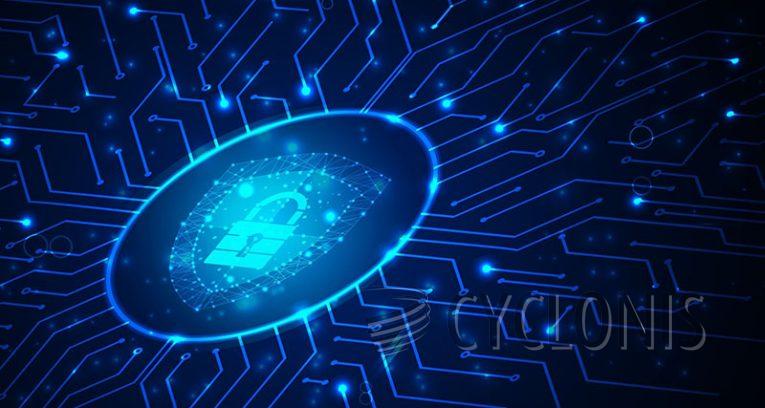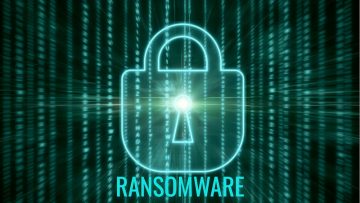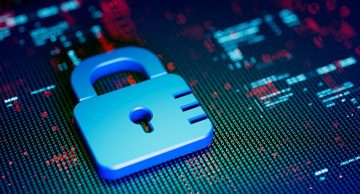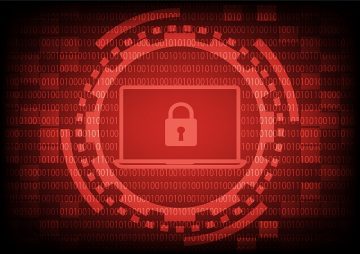Mqpoa Ransomware: A Cyber Threat You Shouldn't Ignore

Ransomware attacks remain a dominant foruce in the cyber threat landscape, with another strain known as Mqpoa taking center stage. This malicious software targets users by encrypting their data and demanding a ransom for its return. If you're unfamiliar with Mqpoa Ransomware and how it operates, here's an in-depth look at what it does, its dangers, and how you can protect yourself.
Table of Contents
What is Mqpoa Ransomware?
Mqpoa Ransomware is a particularly insidious piece of software designed to lock users out of their files. Once installed, it encrypts data and appends the ".mqpoa" extension to the affected files. For instance, a photo originally named "document.pdf" will be renamed to a randomly generated string like "RgxeKlTmD6.mqpoa." This makes the files inaccessible to the user without the corresponding decryption key, which the attackers claim to possess.
After the encryption process is complete, the malware creates several ransom notes. These notes appear in different formats, including a text file titled "#HowToRecover.txt," a desktop wallpaper, and a full-screen message that appears before the user can log in. Although each message has slight variations, they all communicate the same essential point: your files are encrypted, and you must pay a ransom to recover them.
Here's the ransom note in full:
!!!Your files have been encrypted!!!
To recover them, please contact us via email:
Write the ID in the email subjectID: -
Email 1: mqpoa123@onionmail.org
Email 2: mqpoa098@onionmail.orgTo ensure decryption you can send 1-2 files (less than 1MB) we will decrypt it for free.
IF 48 HOURS PASS WITHOUT YOUR ATTENTION, BRACE YOURSELF FOR A DOUBLED PRICE.
WE DON'T PLAY AROUND HERE, TAKE THE HOURS SERIOUSLY.
The Ransom Demand and Threats
Mqpoa Ransomware operates like most ransomware programs, offering victims the opportunity to decrypt a few small files for free to prove that decryption is possible. However, the ransom note typically warns that the payment demand will double if contact is not established with the cyber criminals within 48 hours. There is also an added threat that sensitive data has been stolen during the attack, further increasing the pressure on victims to comply.
While paying the ransom might seem like the easiest way to recover your data, cybersecurity experts strongly advise against it. Even after the ransom is paid, there is no guarantee that the attackers will provide the promised decryption tool. In many cases, victims send money but never receive any means of unlocking their files. Furthermore, paying ransom only fuels the cycle of cybercrime, encouraging more attacks in the future.
What Ransomware Programs Do
Ransomware, like Mqpoa, is a type of malware designed to encrypt a user's files, rendering them inaccessible until a ransom is paid. This software can affect a wide range of devices, including personal computers, mobile phones, and even entire networks of corporate systems. The encryption methods used by ransomware can vary, with some employing symmetric algorithms (using the same key for encryption and decryption). In contrast, others use asymmetric cryptography (where separate keys are required).
In addition to demanding money, ransomware attacks often include threats of further harm. For example, some strains not only lock files but also threaten to publish or sell the stolen data, creating additional stress for victims. These ransom amounts can range from hundreds to millions of dollars, depending on the victim. Home users often face smaller demands, while corporations and organizations can be asked to pay much larger sums.
The Infection Process: How Mqpoa Ransomware Spreads
Like many other forms of malware, Mqpoa Ransomware typically spreads through phishing campaigns and social engineering techniques. This means that the malware is often disguised as legitimate software or bundled with trusted programs, tricking users into downloading and running it. Common methods of distribution include malicious email attachments (often in formats such as ZIP files, PDFs, or Microsoft Office documents), drive-by downloads, and fake software updates.
Once the ransomware is executed, it begins its encryption process, locking the victim out of their files and presenting the ransom note. To make matters worse, some ransomware programs can spread across networks and infect other devices, amplifying the damage they cause.
How to Protect Yourself Against Mqpoa Ransomware
Preventing ransomware infections requires a multi-layered approach to cybersecurity. Here are some key measures to keep you safe:
- Be Wary of Phishing Emails: Many ransomware infections start with phishing emails. Always be cautious when opening email attachments or clicking links from unknown or suspicious sources. Check the sender's details and look out for unusual wording or requests.
- Regular Backups: One of the most effective ways to protect yourself from ransomware is by regularly backing up your data. Keep your backups in various locations, such as external hard drives and cloud services, and make sure they're not connected to your main system. If ransomware strikes, you'll be able to restore your files without paying a ransom.
- Keep Software Updated: Ensure your operating system and all software are up-to-date with the latest security patches. Cybercriminals tend to exploit vulnerabilities in outdated software to launch their attacks.
- Use a Trusted Antivirus: A reputable antivirus program can help detect and block ransomware before it can do any damage. Perform regular scans and keep your antivirus software updated to protect against the latest threats.
- Avoid Illegal Software: Pirated software and activation tools are a breeding ground for malware. Always download software from official sources and avoid third-party download sites.
The Bottom Line: Don’t Pay, Take Action
While the emergence of Mqpoa Ransomware is concerning, it's important to remember that paying the ransom is not a reliable solution. Cybercriminals often fail to deliver the decryption keys, and even if they do, your files might still be lost or compromised.
The best defense against Mqpoa Ransomware—and any other ransomware—is prevention. Stay vigilant, back up your data, and use the proper cybersecurity tools to safeguard your system. By doing so, you can reduce the risk of encountering this dangerous malware.








